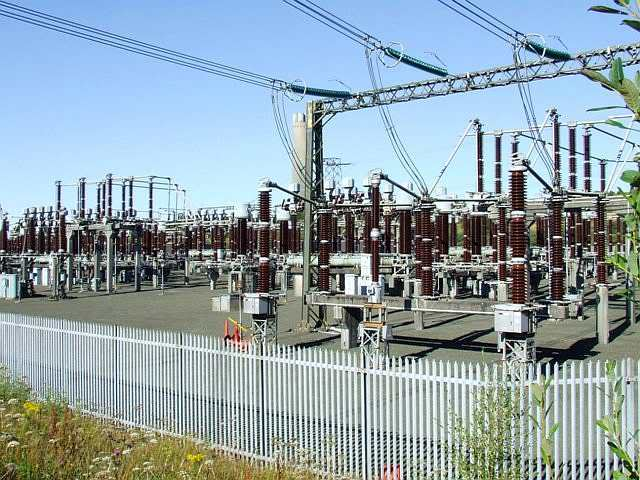Electricity tariff will see an increase driven by the Service-Based Tariff (SBT) programme introduced by the Nigerian Electricity Regulatory Commission (NERC).
This was confirmed by the Eko Electricity Distribution Company (EKEDC) in a memo issued to customers dated August 25.
It stated that the increment of electricity tariff would take effect from September 1, as part of plans of the Federal Government, through the SBT, to improve government revenue and sustain the sector.
Introduced last year, the SBT programme states that it was aimed at aiding poor and vulnerable Nigerians, to increase electricity supply to areas with less power supply to 12 hours.
READ ALSO: FG Uncovers N5.15tn Debt Owed By Third Parties
In the memo signed by the General Manager, Loss Reduction, EKEDC, Olumide Anthony-Jerome, stated, “This is to officially notify you that there will be an increase in electricity tariff with effect from 1st September 2021. This increase is as a result of nationwide mandate to implement the Service-Based Tariff approved by our regulator NERC.”
Giving explanation to the need for the SBT programme, NERC said, “the SBT will operate a progress regime, the customers that receive the highest quality of service(12-24) hours per day will pay the highest tariff, while customers that receive under 12 hours of service per day will continue paying their current tariff.
“The service reflective tariff is built around incremental improvements in the quality and quantity bid supply. Depending on their historical supply pattern; customers’ will observe increased hours of supply as the Discos migrate them to higher service bands. Ultimately, customers will pay for service commensurate to the number of hours of supply they receive.
“The SBT is designed to protect the poor. Only the wealthy Customers in areas that receive over 12hours service will experience a tariff increase. SBT will allow the government to stop electricity on the rich which can allow the government to divert its service resource to pressing sectors including education and healthcare.”












